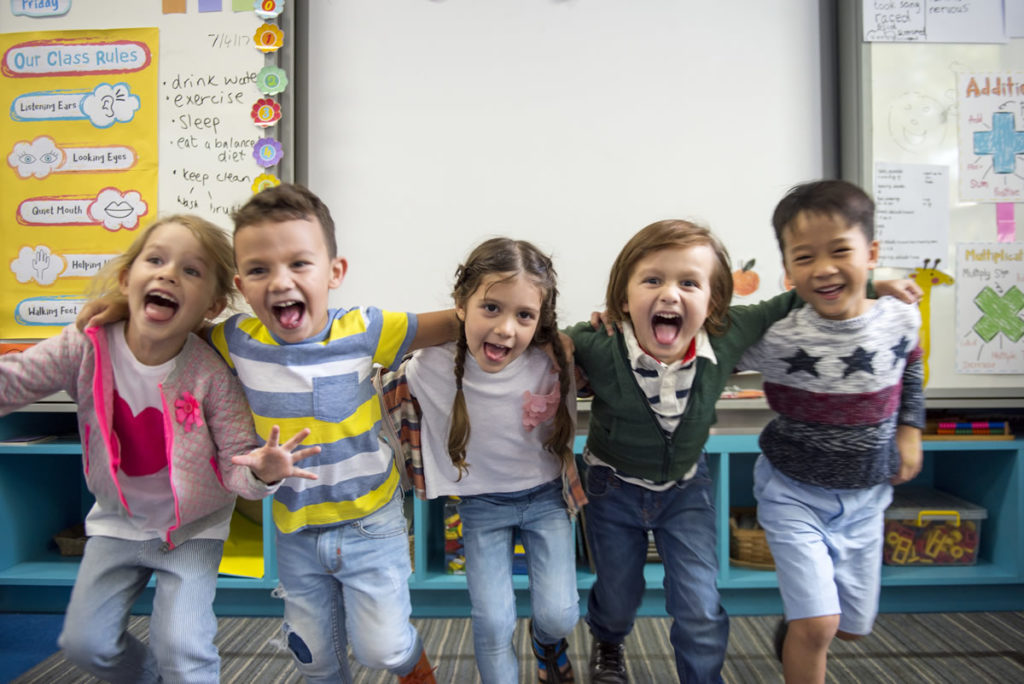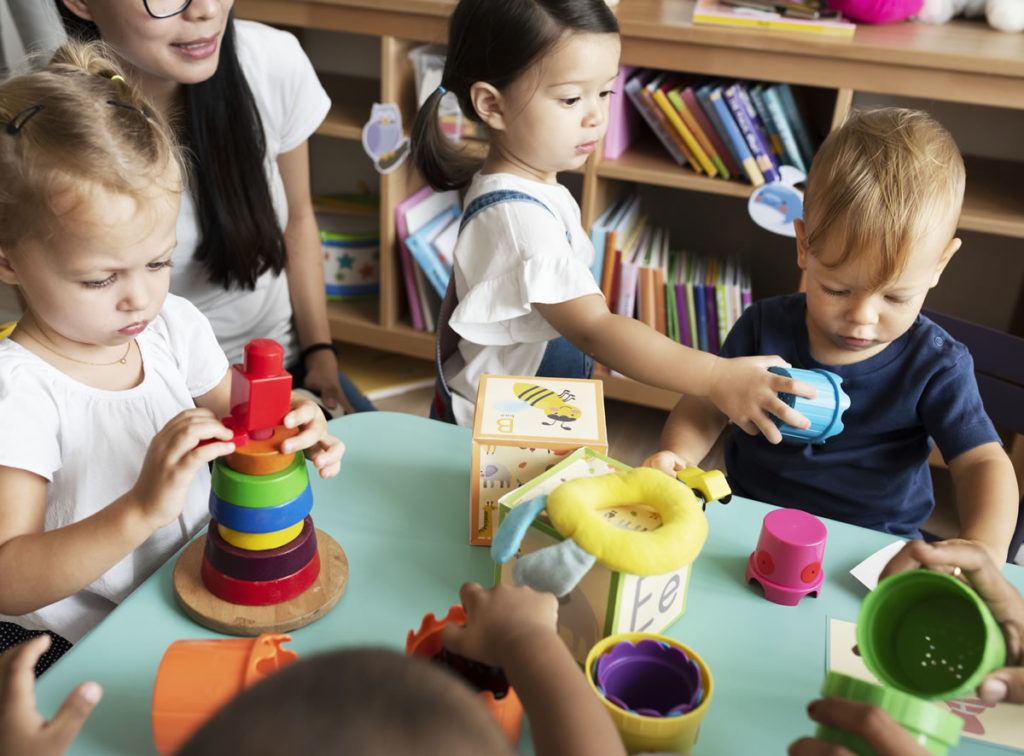A school is an ecosystem, and a dictionary definition of an ecosystem is: “biological community of interacting organisms and their physical environment.” So considering a school to be an ecosystem would have tremendous implications on the way we organize and navigate classrooms. In turn, a fundamental principle of an ecosystem is interdependence, and this means that something that happens in one part of the system can affect other parts of it.
Another fundamental principle of ecosystems is that they are designed to adapt and thrive. So when modifications are made, for example due to policies such as deforestation to collect wood for commercial uses or circumstances such as global warming, there can be serious negative consequences for the environment . The patterns of relationships between climate, soil and access to food and other resources are disorganized as a result of these modifications, which can undoubtedly affect and threaten certain species or lead them to change their behavior over time. unpredictable and harmful way.
Each element of a school affects other parts and the whole
If we believe that a school is an ecosystem and we act that way, we change our perspective and our day to day. We then realize that each element of a school can affect other parts, and that the way in which students are treated can also affect the success or failure of the entire school.

If we believe that a school is an ecosystem, we become more sensitive to the nuances of the policies that we establish in cabbages and we look at their effects in a more intimate and close way, and not with such distance. This leads to the policies and dynamics that are introduced to be carried out with the mind, with the heart and with the soul, since there is an awareness that everything that is done will end up affecting, in one way or another, the whole school.
If we believe that a school is an ecosystem we realize that we must be concerned with all aspects of the school . The school itself is the product of the interactions and interdependencies of all its components, regardless of their visibility or presence. And in this same sense we should understand that a school district is an even broader ecosystem, equally defined by its schools and by what happens in them.
For this reason, schools should reflect on the things that are dispensable, necessary, or that have less importance for the group of their “species”, that is, that we have the ethical and moral obligation to nurture the ecosystem of the school by supporting all its parts equally and allowing each student to develop their capacity for advancement and development in a way that contributes positively to the whole.
What type of ecosystem is your school according to its “habitat”?
Below you will find a series of original and fun descriptions about ecosystems and the beings that shape them applied to schools and education that will perhaps help you to find out in which of them your school could be located. The symbols and examples that have been created have been sought through the information that natural ecosystems provide us, and these details can be extrapolated to the type of school or the usual dynamics of certain schools.
Do you dare to look for what type of ecosystem is your school?
- Chameleon school . The chameleon is an animal that knows how to adapt very well to its environment and to hide and protect itself from the threats that surround it and endanger its well-being and existence. In this sense, the chameleon school adapts well to all kinds of circumstances that arise.
- Turtle school. Although they are a symbol of ancient wisdom, turtles are also quite intricate and retreat to their shells in response to a threat. In this line, the turtle school adheres to highly routine patterns, but at the same time being very resistant to changes.
- Capuchin monkey school. The so-called capuchin monkey is very social and tends to get involved in everyone’s problems. If your school works in this way, with a collaborative and conciliatory environment, you are part of a balanced “ecosystem”.
- Frog school. Frogs know how to feed on others, especially tadpoles that are still learning. They are willing to put their own well-being aside to help the next generation grow up healthily. Does your school do like frogs with its students?
- Raccoon school. Raccoons focus on extrinsic motivation. Your actions target incentives, rewards, and contingencies, even when everything is against your own benefit. A raccoon school would not be very positive, as it would focus too much on formalities and little on the effective development of the teaching and the student body.
- Bat school. Bats are an essential part of the rainforest and many other ecosystems, and they are also very diverse. Some help to pollinate by taking seeds to different parts of the forest, others attack small and defenseless animals, and others help control the mosquito population, minimizing these “annoying” residents of the ecosystems. A broad spectrum work system aimed at the proper functioning of the environment and ecosystems but with less positive and more cruel parts. A balance typical of most ecosystems… Is this also the environment of your school?

Changes in schools mean improved school climate
Schools cannot be turned upside down without treating them as ecosystems. They cannot produce competition, much less excellence, without attending to the climate that exists between their walls and offices and without taking into account the socio-emotional competence and the character of all those who make it up.
This poses a tremendous challenge for education and educators reflecting that current policies and programs tend to fragment, moving away from a more holistic and necessary character. Too often they focus on subject areas and content, rather than people in schools and their relationships with each other and the material that is actually taught and its usefulness in life.
Seeing a school as an authentic ecosystem, in short, leads us to a new educational model that prioritizes people , their concerns, their emotions, everything that affects them … giving rise to a much more promising school and educational panorama in which all parties are considered and benefited. At the end of the day, if an ecosystem is not cared for and fails, everything it contains will end up suffering the consequences.











































































































